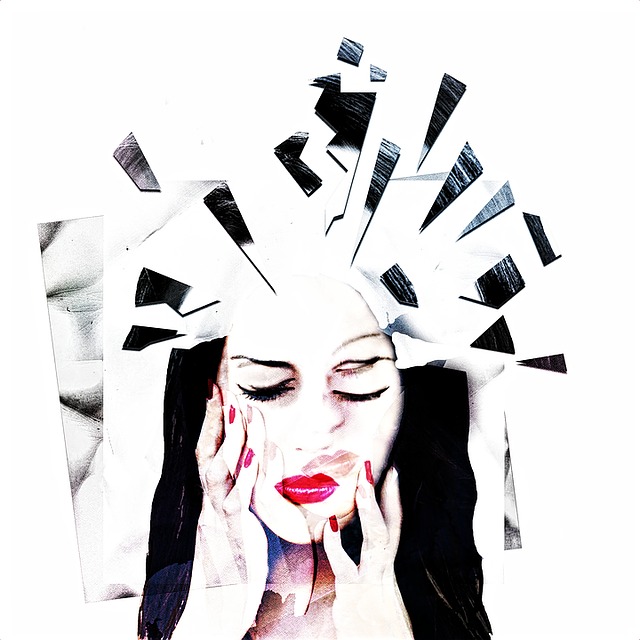Managing Depression and Anxiety During Stressful Times

We are currently living in a scary and uncertain environment. Many people are worried and sad. For those already suffering from chronic depression and/or anxiety, a global pandemic can exacerbate symptoms. Social isolation, reduced wages and potential job loss are some of the problems many people are facing. For those still working in essential occupations, the threat of exposure to a deadly virus on top of increased workloads makes it difficult to manage stress and practice self-care. If you are dealing with depression, stress or other mental health issues, read on for actions you can take to increase well-being.*
Take a Break from News and Social Media
News and information are more accessible than ever. Access to information is important, but it may also be damaging to one’s mental health. Staying informed is good, but constantly checking the news or your social media isn’t healthy if it’s causing stress. Take a break from the news for a day or two, or check for updates only once a day rather than several times a day.
Focus on Positive News
A global pandemic is dominating the headlines on every media outlet, but there is still good news. You may have to scroll further down on a news website or look through a few pages to find it, but it’s out there. Rapid advances in science and technology can prove uplifting. For specific positive news sites, visit The Optimist Daily or The Happy Newspaper.
Look for Fun Distractions
Thanks to the web, there are tons of fun distractions to keep your mind occupied. Try touring a museum from the comfort of your couch. Seek out funny videos on YouTube or binge sitcoms on Netflix. Download a few relaxing games on your phone. If you’re an animal lover, there are a number of animal livestreams you can enjoy at home.
Make Health a Priority
Keeping yourself healthy is crucial in times of stress. Try to maintain a regular sleep schedule and healthy diet even if it’s tempting to seek out comfort foods. Find some exercises that you can do at home or go for a walk in a non-crowded area. Practice good personal hygiene even if you are stuck at home. Taking a warm bath, giving yourself an at-home facial, writing in your journal and/or meditating are some things you can do to relax.
Reach Out (Virtually)
Just because you’re stuck at home doesn’t mean you can’t connect with friends, neighbors, coworkers and family. Join online Facebook groups that match your interests or download apps like Nextdoor. Check in with friends and family regularly via text, email or phone. Stay connected with colleagues and your wider career network on LinkedIn.
Find a Relaxing Hobby
A hobby doesn’t have to require a great deal of skill. Cooking, blogging, scrapbooking and knitting are relaxing hobbies that don’t require a lot of practice. Also try adult coloring books that promote relaxation and reduce stress. Whatever hobbies you choose, make sure not to put pressure on yourself to be perfect. A hobby should be a source of fun, not stress.
When negative news is everywhere, practicing self-care is especially important for those suffering from depression and anxiety. Take a break from the news and stay away from social media if it’s upsetting you. Seek out fun, relaxing activities and hobbies. Finally, maintain healthy habits and practice self-care.
*Please note I am not a doctor or licensed mental health professional. This post is not intended to replace professional advice. For advice specific to your mental or physical health needs, consult with your doctor or therapist.


